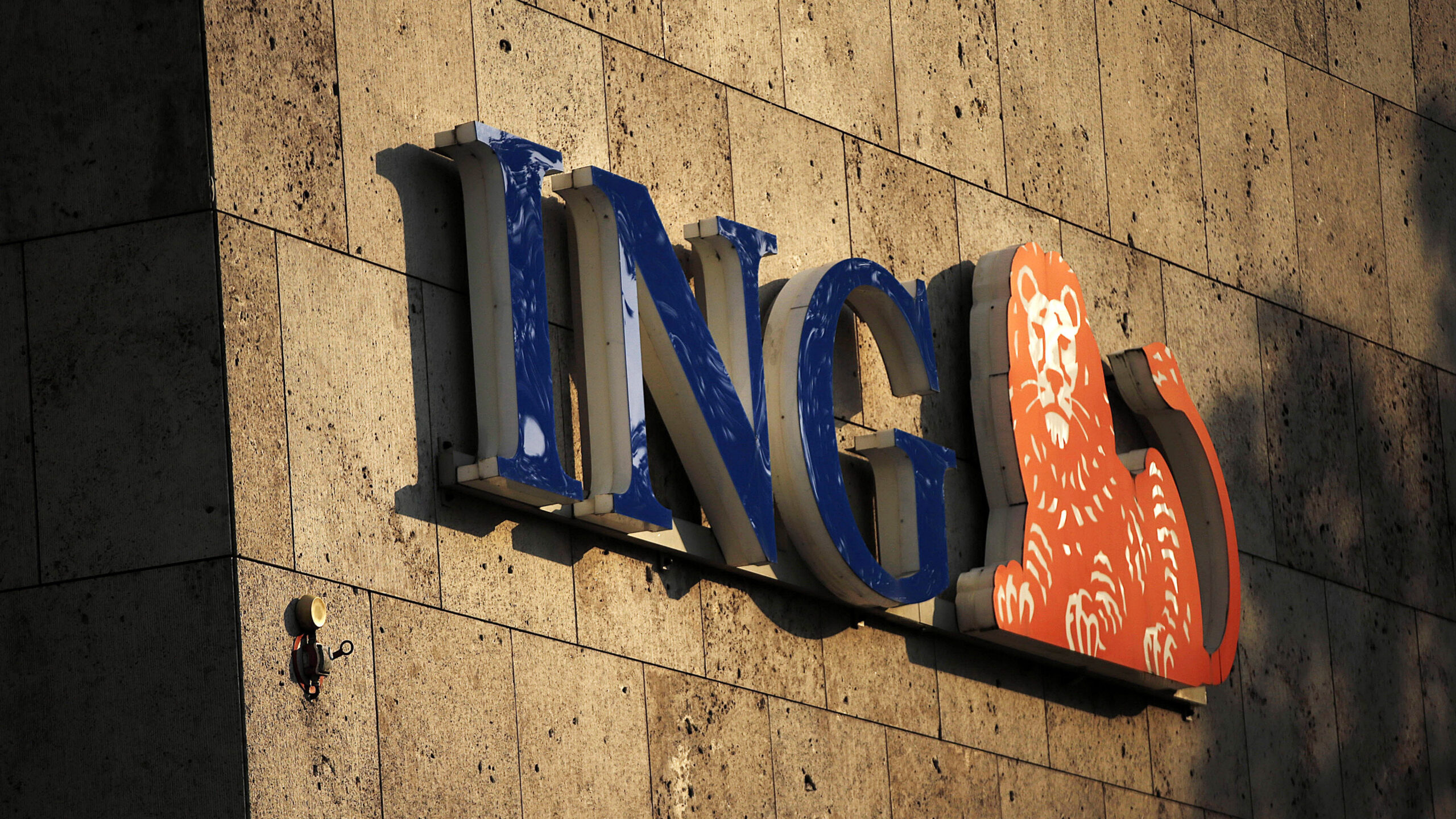
ING faces climate lawsuit by Dutch non-profit behind landmark Shell case

ING has been given eight weeks to respond to an environmental group’s demands before a climate lawsuit is set to be filed in a Dutch court
Dutch bank ING is facing a climate lawsuit by environmental group Milieudefensie (Friends of the Earth Netherlands), which accuses the lender of breaching its duty of care under Dutch law by providing financial support to major carbon-emitting companies.
On January 19, Milieudefensie released a 40-page document in which it sets out its rationale for the case and what it expects ING to accomplish. If the bank does not provide a positive response within eight weeks, the group will proceed with filing the case in a Dutch court, said the non-profit.
Responding to a question from Sustainable Views during the announcement, Donald Pols, director of Milieudefensie, said the group was targeting ING because it was the largest Dutch bank in terms of assets, equity and emissions. Moreover, given that ING is considered as one of the 30 global systemically important banks, imposing change on ING would further influence that entire banking eco-system, said Pols.
Following the announcement by Milieudefensie, ING released a statement saying it had taken notice of the legal threat. Arnaud Cohen Stuart, the lender’s head of business ethics, said: “We’re in regular dialogue with a variety of stakeholders, including Friends of the Earth Netherlands. We’re confident that we take impactful action to fight climate change. We will of course respond in court if necessary.”
End to fossil fuel financing
The demands of the group include that the lender reduces its carbon emissions by at least 48 per cent by 2030, compared with 2019, and that it starts taking a tougher stance with its corporate clients.
More specifically, Milieudefensie expects ING to cease all financing to fossil fuel clients that intend to continue investing in fossil fuel projects or that lack a “good” phase-out plan, a year after being warned by the lender. Milieudefensie demands that ING starts engaging with its clients on this issue at the latest three months after receiving this letter and requests that the bank takes the same approach to large companies that “do not have a good climate plan”.
In the letter, the group also criticised ING’s executive compensation policy, lobbying activity and advertising practices as being non-consistent with climate goals set under the Paris Agreement.
“This lawsuit sets the record straight on what is expected from the financial sector globally, banks in particular, in dealing with the climate crisis,” said non-profit BankTrack.
BankTrack analyses banks’ environmental commitments and their financing activities. Its banks and steel campaigner Julia Hovenier and executive director Johan Frijns told Sustainable Views in a statement that despite ING being widely considered as an industry leader on climate commitments and policy development, it “goes to show that the banking sector as a whole has to rapidly move beyond its general ‘net zero by 2050’ rhetoric and get serious on ending its support for the fossil fuel industry as soon as possible, or risk lawsuits as well”.
“While welcome, no amount of decarbonisation plans for other sectors, steel for example, will compensate for ongoing fossil fuel support,” said Frijns and Hovenier. “Time is running out, and if banks don’t decide to abandon fossil fuels, and if governments fail to take the lead, it is perhaps up to the judiciary to lead the way.”
At the beginning of January, ING announced it had become the first major bank globally to stop providing dedicated finance for new unabated steel blast furnaces and for the extension of existing unabated blast furnaces because of their climate impacts. The bank has also announced it will no longer finance new coking coal mines or the expansion of existing coking mines.
Legal foundation
The case is being led by Roger Cox, who previously led Milieudefensie to victory in a landmark case against Shell. In 2021, the Hague District Court ruled that Shell had to reduce its emissions by 45 per cent by 2030 compared with 2019 levels. Shell is appealing the case.
Milieudefensie is confident it can build momentum from this previous win. The group stated in its letter to the ING chair that the case against Shell “provided a basis for the legal responsibility of large companies to avoid dangerous climate change and the resulting human rights violations by means of good climate policy”.
The group also specified that its demands are the “prerequisites” for the bank to comply with its duty of care. “They simply ensure that ING will do at least the minimum that can be demanded. How ING does so, is a matter for ING,” the letter said.
Following the COP28 meeting in Dubai in December last year, ING announced it would revise some of its climate policies, setting a target of phasing out financing for upstream oil and gas activities by 2040 and triple new financing for renewables to €7.5bn annually by 2025.
These revisions are “merely a small step and remain insufficient”, said Milieudefensie.“Although on paper ING has numerous green intentions, in practice it is short of the mark.”
In its letter, the organisation argued that most of ING’s reduction targets are focused on lowering the intensity of emissions, and do not address the need to cut absolute emissions. It also criticised the lack of Scope 3 emissions reporting from the bank’s client books and flagged a lack of transparency on ING’s stated intention to ask large corporate clients to set transition plans.
“Unfortunately, ING does not provide the details that make the difference between a nice chat or making an impact,” said Milieudefensie.
Similar Articles

In Brief: UK opens CBAM consultation; SEC climate rules challenges to be heard by Eighth Circuit

In Brief: Sovereign pension fund faces OECD complaint; NGO set to proceed with ING climate lawsuit


